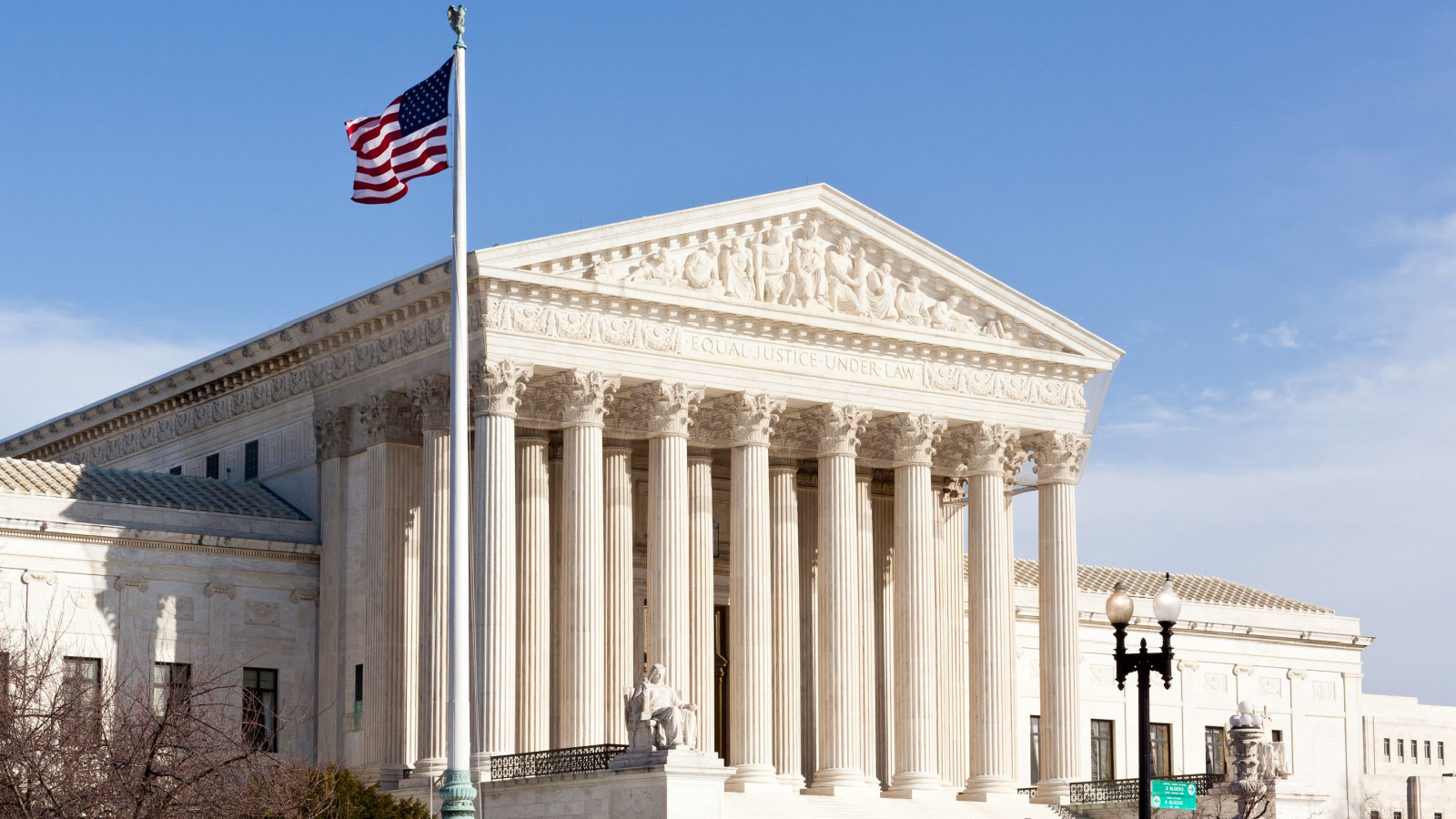House Republicans intensified the situation with Attorney General Merrick Garland over his refusal to release unredacted audio from an interview conducted during the special counsel’s investigation into President Joe Biden’s handling of classified documents.
Congressional Showdown

Next week, House Republicans are set to charge Attorney General Merrick Garland with contempt of Congress. This comes after his refusal to provide the complete audio from an interview part of a special counsel investigation into President Joe Biden’s handling of classified documents.
Setting the Stage
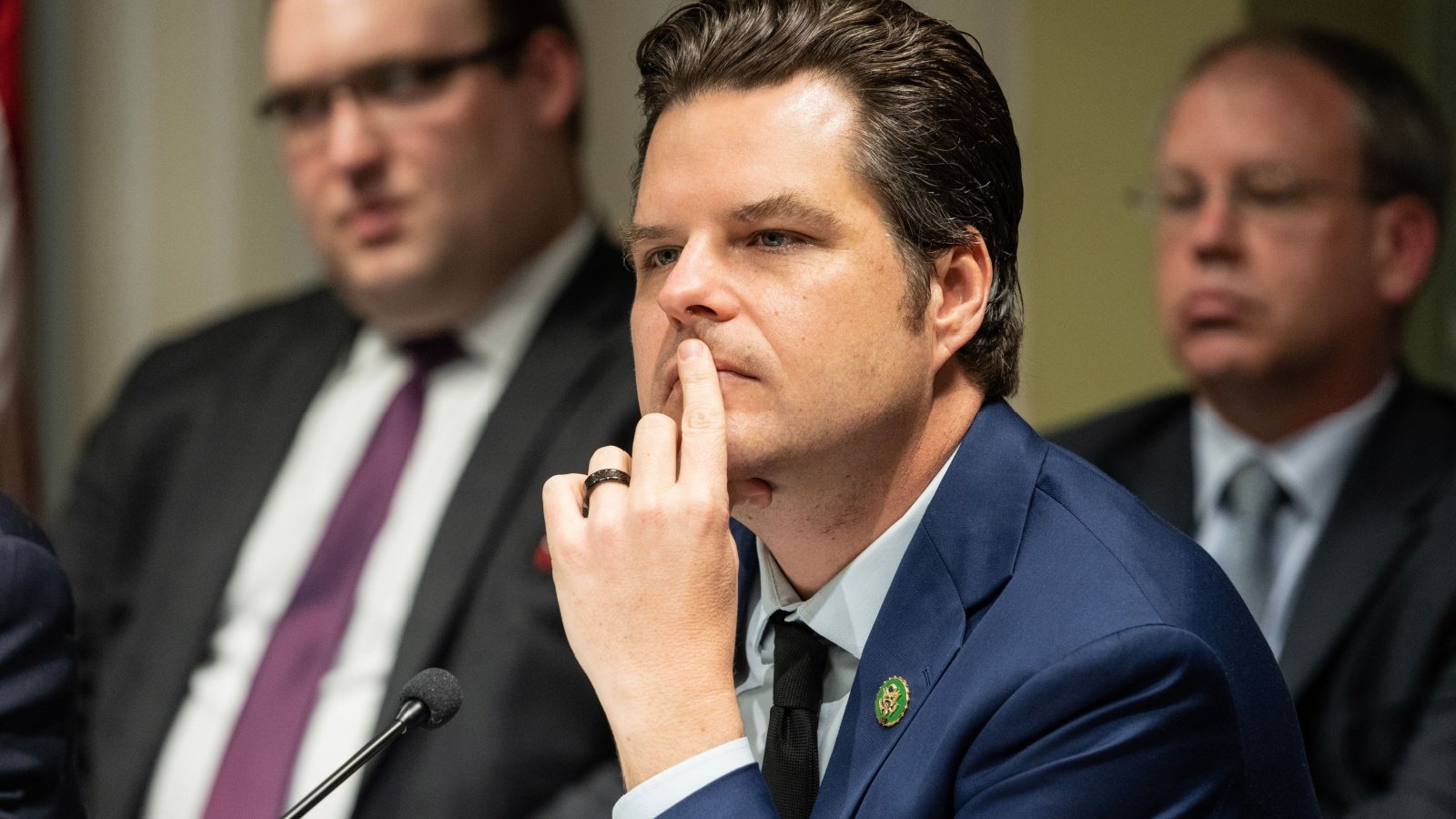
On May 16, the House Judiciary Committee will convene to push forward contempt charges against Garland. Once the committee acts, the full House will cast their votes on the resolution.
Escalating Tensions

The upcoming contempt proceedings showcase another example of the strained relations between the GOP and the Justice Department. Previously, Republicans had warned of holding Garland in contempt if he didn’t fully respond to a subpoena regarding Special Counsel Robert Hur’s probe into President Biden.
Political Struggle
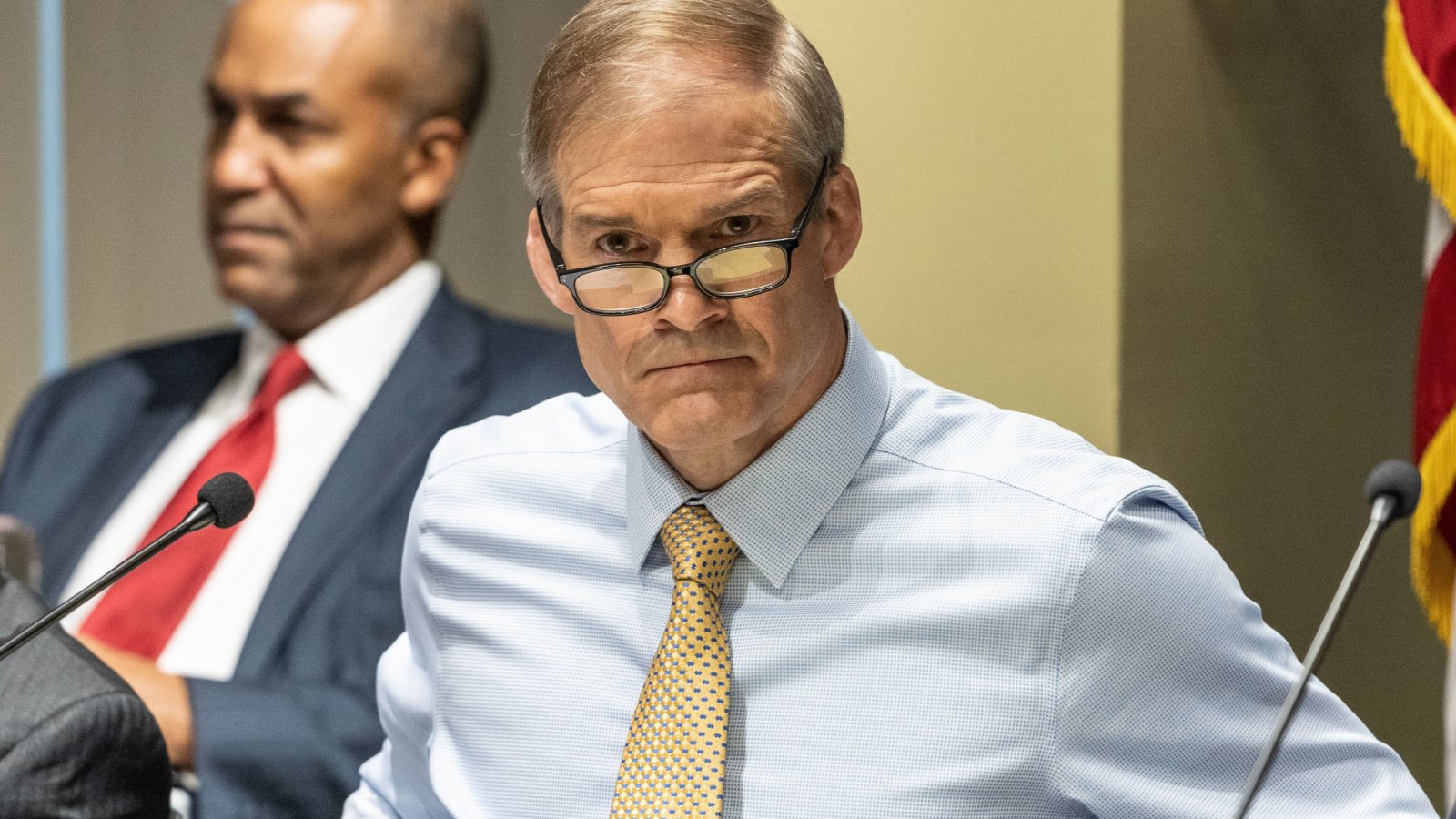
Despite demands from key Republican figures like Reps. Jim Jordan and James Comer for full disclosure of the audio recordings, the Justice Department has only partially complied. Their partial compliance has raised serious concerns about the implications for transparency in future political investigations.
Questioning Motives

Last month, Assistant Attorney General Carlos Uriarte suggested that the congressional demand might be more about politics than legitimate oversight. He expressed concerns over the potential misuse of law enforcement documents for political gains.
Congressional Authority Challenged

Rep. Comer argued that the Biden administration does not have the authority to decide what Congress requires for executive oversight. There continues to be an ongoing battle over political oversight and possible favoritism.
Path to Contempt
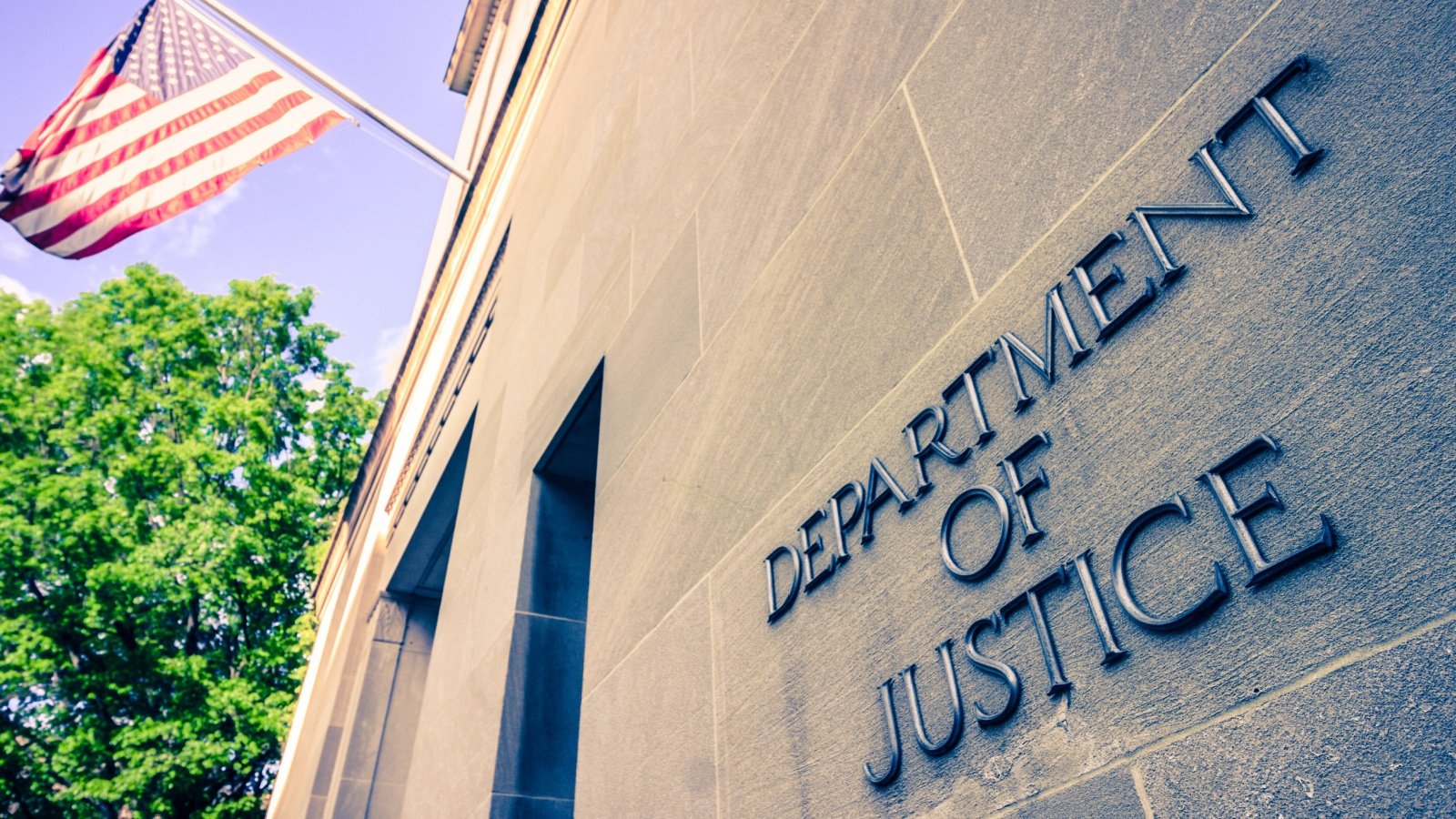
For Garland to be formally held in contempt, a majority in the committee and then in the full House is needed. However, if the contempt charge reaches his department, it’s doubtful that the Justice Department, which Garland heads, would take action against him.
Historical Precedent

This isn’t the first time a sitting Attorney General faced contempt charges. In 2012, the House held Attorney General Eric Holder in contempt, marking him the first Cabinet member to receive such a censure, all over a dispute concerning documents related to Operation Fast and Furious.
No Charges for Holder
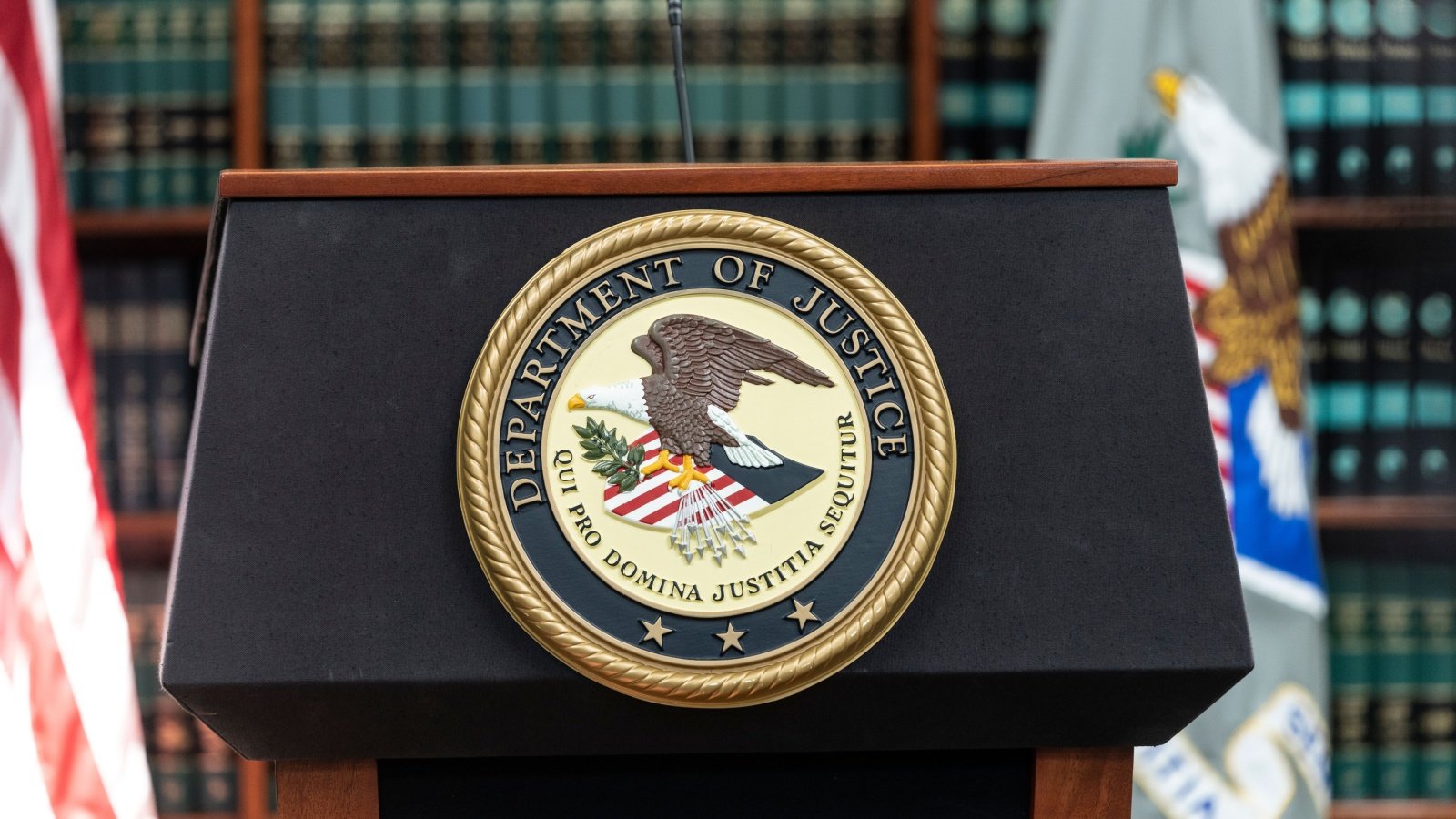
The Justice Department did not pursue any action against Attorney General Eric Holder following the contempt charges. This set a precedent of inaction within the department during internal legal disputes.
Special Counsel’s Findings

Special Counsel Robert Hur conducted a year-long investigation into President Joe Biden’s retention of classified documents from his tenure as senator and vice president. Despite producing a detailed 345-page report that raised questions about Biden’s mental competence and age, Hur recommended no criminal charges against the 81-year-old, citing a lack of sufficient evidence for a successful prosecution.
Congressional Scrutiny
In March, Hur defended his conclusions before the Judiciary Committee, enduring over four hours of intense questioning from lawmakers across the political spectrum. His defense, however, failed to appease Republican members who viewed his findings as evidence of a double standard within the Justice Department.
Allegations of Bias

Republicans continue to express frustration, accusing the Justice Department of exhibiting a politically motivated bias, especially in light of its actions against former President Donald Trump for similar issues regarding classified documents.






